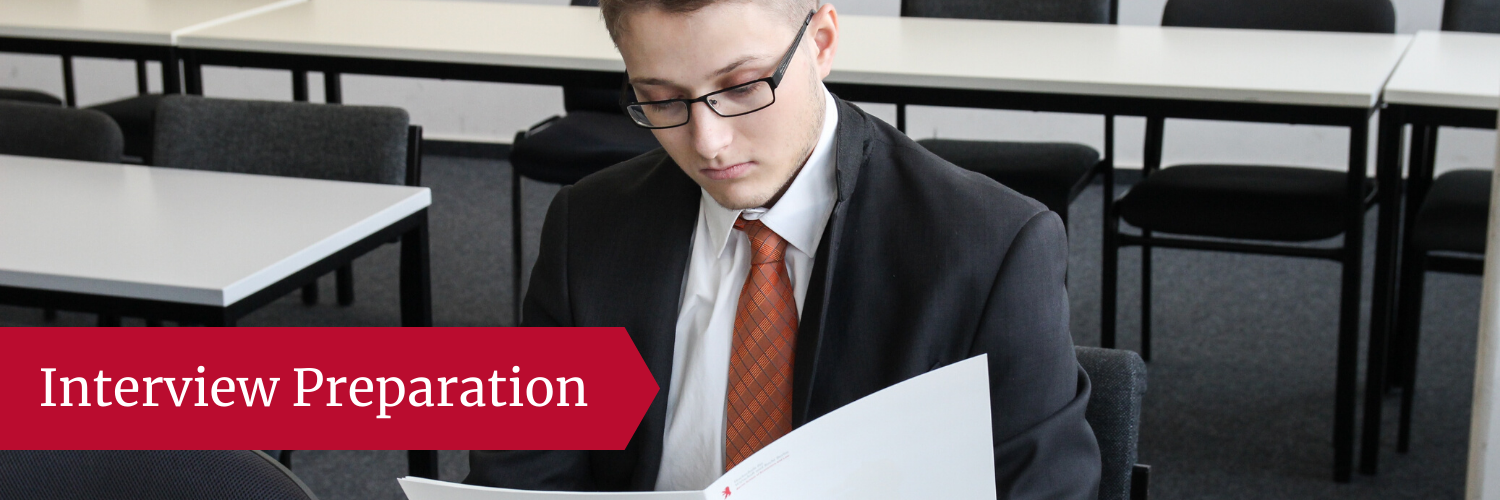
Personal interviews are required for admission at the majority of health professional programs. Interviews are granted only by invitation if you have passed the preliminary screening and the admissions committee is carefully considering you for admission. Interviews are only offered if you are deemed to be academically qualified. The purpose of the interview is to determine what type of person you are and if you possess the qualities that the school is looking for in a healthcare professional. The impressions you make in a personal interview are extremely important, particularly if your grades or exam scores are marginally competitive.
You must be prepared to answer some rather personal questions about your own backgrounds, beliefs, and experiences, as well as some general moral and ethical questions. An interview will determine your motivations, how well you relate to others, and how knowledgeable you are on current events, especially those which have an impact on medicine and its practice.
The practice of healthcare demands that a person be articulate and have well-developed interpersonal skills. Most experienced interviewers try not to place unnecessary stress on you during the interview, but on some occasions an interviewer will purposely ask questions or exhibit attitudes designed to cause stress. You must not become unduly flustered or antagonistic if subjected to a stressful situation, but instead remain composed and continue to answer questions in a candid and straightforward manner. You should be aware that you may obtain an excellent rating from an interviewer whom you perceive as somewhat hostile. Alternatively, you may receive a poor rating from an interviewer who appeared friendly and with whom you had a pleasant conversation.
Check out our MMI Best Practices Video and MMI virtual station examples to help you prepare for your professional school interview here.
